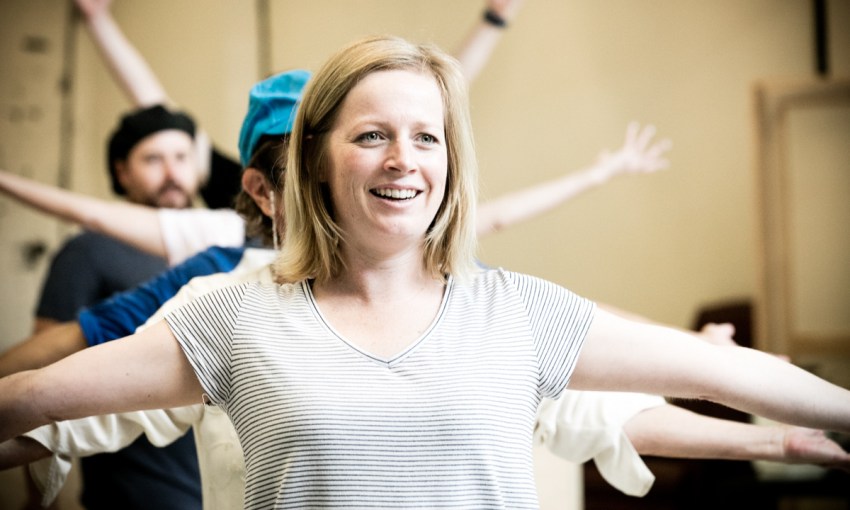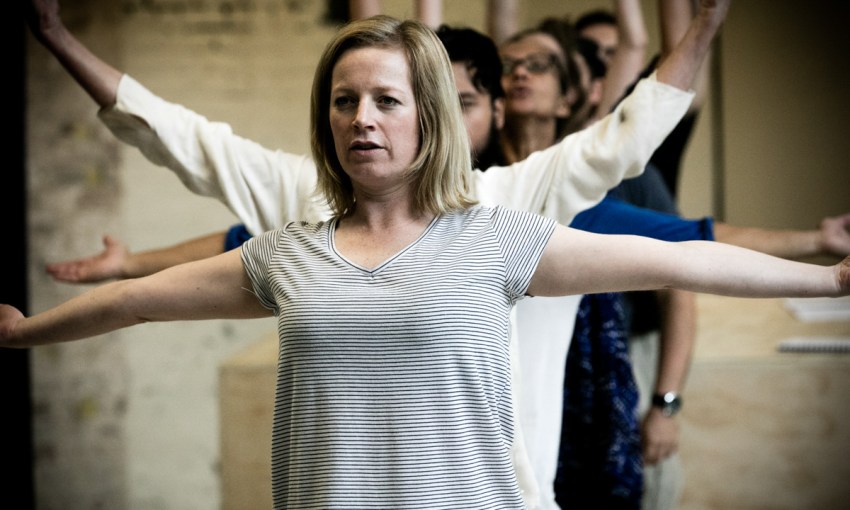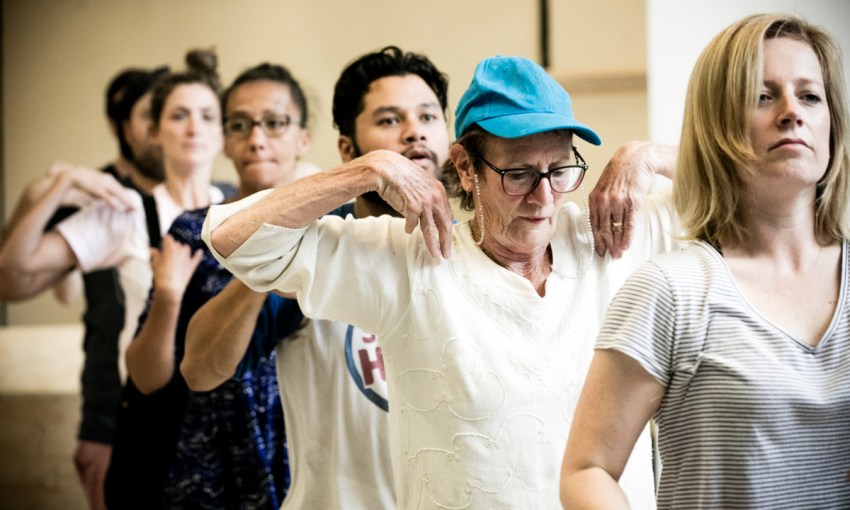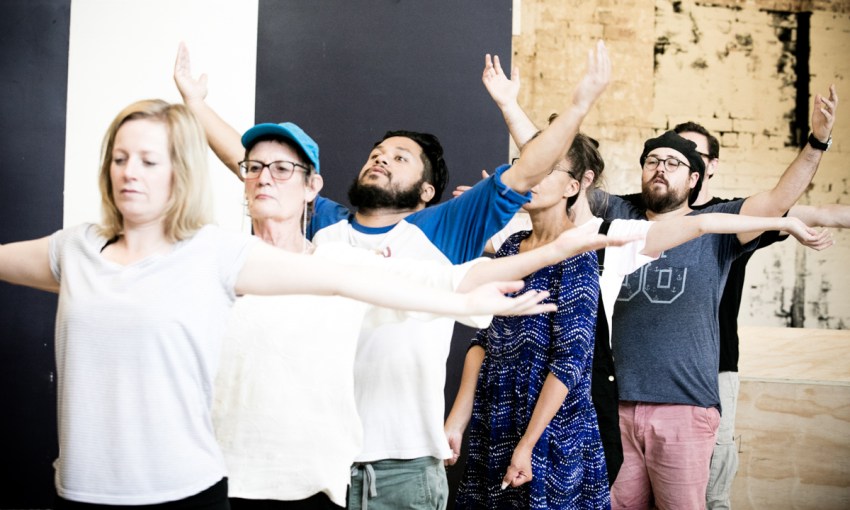The State Theatre Company's latest production shows that being in the dark can sometimes shed a light on society.
Mr Burns: Life lessons with The Simpsons
Helen Razer once said that there’s no more comfortable place for our fingers than our ears.
It’s a statement that sometimes rings with true clarity when it comes to local politics, but especially in relation to the current debate surrounding our state’s ‘energy future’.
Mr Burns opens on April 22. Tickets available here.
CityMag has teamed up with Off Stage to present the first Afterparty of the year on April 28th. So buy your tickets, practice your Simpson’s quotes and cheers to the apocalypse with us on the night.
Technologies that are outdated and environmentally unsound just seem to stick around, and given that – another blackout feels inevitable. But the lights will come back on eventually, and we’ll be back here again, probably shouting about coal with our fingers planted firmly, comfortably, in our ears.
But if the lights never came back on, we’d be in an entirely different situation.
These are the questions at the centre of the State Theatre Company’s production of Anne Washburn’s Mr Burns: A Post Electric Play.
“In Adelaide, we have state-wide blackouts. The play continues that discussion about energy in a very real and scary way,” says Mr Burns cast member Jude Henshall.
“We rely on electricity to be cooling things down if they get hot, and if they get hot they explode or they catch fire. If the grid goes down in a similar way to how it does in the play, which is country-wide, the ramifications of that are terrifying and you end up in a post-apocalyptic world where everyone is trying to kill each other
“But on top of going through all of that, the play is this fun black comedy where you put people in the bleakest scenarios and they become able to laugh at their fears and anxieties in a really carefree way.”
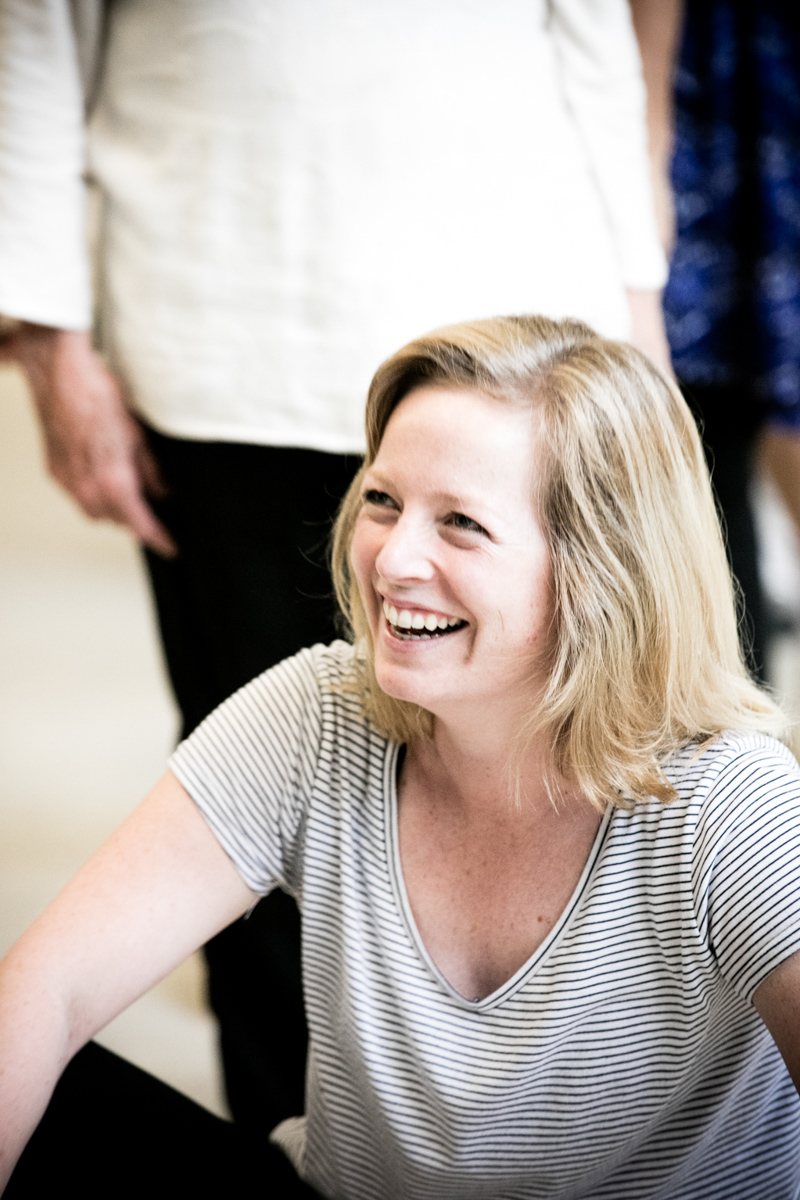
Jude Henshall in rehearsals for Mr Burns
Made in association with Sydney’s Belvoir theatre company, Mr Burns centres on a group of survivors who begin to re-enact the Cape Feare episode of The Simpsons as a means of entertaining and comforting themselves.
The play, by blending high and low culture, works as a means by which to examine the ways entertainment has formed and shaped our society’s value systems.
“It’s a celebration of theatre and how we relate to and consume what we watch. It’s this amazing pop culture mashup, and references stuff like Kanye and –of course – The Simpsons, but it also draws on a heap of theatre traditions,” says Jude.
“And we look back and draw from every convention throughout history. Theatre has evolved from ritual, prayer, warnings, allegories and it’s become things like musical theatre … this show engages with all of that. It runs the gamut.”
Mr Burns, which premiered in New York in 2013, has received a mixed reception. Many reviewers have lauded the show with praise, whilst some have simply rejected it outright, with a British critic going so far as to call the show three hours of utter hell.
The only consensus has been that it is an offbeat experience, which is a perfect fit for an artist like Jude.
“I guess, throughout my career, I’ve always been considered an actress who sings. Not a musical theatre actress, but an actress who sings,” she says. “And that’s meant I’ve naturally had the opportunity to work on these far-out and strange productions that are so much fun, probably because they’re challenging and different.”
A show as prickly and ambitious as Mr Burns seems a natural fit for The State Theatre Company too, which has made a commitment to perform newer and more innovative works.
“In a way, this play is a suggestion of where theatre is headed,” says Jude.
“I think the most successful theatre starts a conversation, and I’m very much interested in people coming along and having this ridiculous wild ride but also having a conversation in the foyer outside.
“That’s why we go to theatre, to get exposed to ideas that you wouldn’t normally come across. Sometimes it takes someone or something outside of yourself or your bubble to enrich your philosophical or political outlook … to really challenge you. Theatre should shake you. That’s what this play does.”
Fingers out of your ears, then, everyone. No matter how uncomfortable it makes you.



